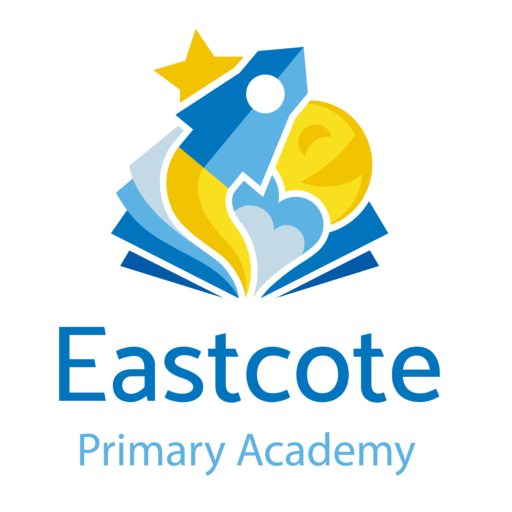At Eastcote Primary Academy we believe that the computing curriculum should instil a sense of enjoyment around using technology, promote an appreciation for the subject and ignite a love of learning. It is ambitious, well resourced and empowers our children to become independent and resilient learners. We want to equip them with not only the minimum statutory requirements of the computing National Curriculum but to prepare them for the opportunities, responsibilities and experiences of the outside world safely, as well as the flexibility to continue to adapt with the ever changing landscape of technology. We want our pupils to develop transferable skills which will assist them as they move throughout our school and eventually onto secondary education and beyond. We want our pupils to use the vibrancy and diversity of the world to celebrate themselves and be grateful for all that they have.
The International Baccalaureate Primary Years Programme is key to helping us achieve this by providing a strong SMSC curriculum, with British Values and our core school values placed at the heart of everything we do. We ensure we equip our pupils with the skills and knowledge surrounding how to use all aspects of the digital world safely and what to do if something worries them.
In our curriculum we aim to ensure all pupils:
- can understand and apply the fundamental principles and concepts of computer science, including abstraction, logic, algorithms and data representation
- can analyse problems in computational terms, and have repeated practical experience of writing computer programs in order to solve such problems
- are responsible, competent, confident and creative users of information and communication technology
In January 2022, due to a rise in the supply of ChromeBooks, an audit of the computing curriculum was held with all teaching and leadership staff.
On the back of the findings from this audit, the computing curriculum has been carefully planned and the learning opportunities for each year group crafted to ensure progression and repetition in terms of embedding key learning, knowledge and skills, with a strong emphasis on teaching Key Stage 2 the Google Suite.
We empower our staff to organise their own year group curriculums under the guidance of our subject leaders. Teachers are best placed to make these judgements. We believe aspects of computing can be woven in all subjects in order to build the children’s digital literacy and ICT skills. They link prior knowledge to new learning to deepen children’s learning. Teachers ensure they look at where the current learning will take them in the years to follow. Pupils have the opportunity to work with and on a variety of digital devices such as iPads, ChromeBooks and desktop PCs.
We also reviewed the RSE learning objectives during this audit and wove the appropriate online safety objectives into the long term computing plan. E-Safety is taught at every opportunity but teachers ensure that their first computing lesson of every new half term is explicitly online safety.
We aim to use computing to enable children to communicate and manipulate their ideas through the concepts of Computer Science and digital literacy. Many of the Google Skills and subject-specific knowledge developed in our Computing lessons equips pupils with experiences which will benefit them in secondary school, further education and future workplaces, from research methods to use of presentation and creative tools to critical thinking. They learn how to keep themselves safe whilst working in these ways. Through learning computing at Eastcote Primary Academy the children become responsible, competent, confident and creative users of information and communication technology.
The impact of our computing curriculum can not only be seen in displays around our school and on the children’s online classrooms, but also can be measured by speaking to the children themselves. The teaching of the computing curriculum enables our children to use digital devices with confidence.
We measure the impact of our curriculum using the following methods:
- Summative assessment of pupil discussions about their learning
- Images of the children’s practical learning stored in a computing portfolio
- Children’s work saved onto their online classrooms
- Interviewing the pupils about their learning (pupil conferencing)
- Online classrooms are monitored and there is the opportunity for a dialogue between teachers to understand their class’s work
- Annual reporting of standards across the computing curriculum
Children in Foundation Stage are assessed within ‘Understanding the World’ and their progress is tracked termly


